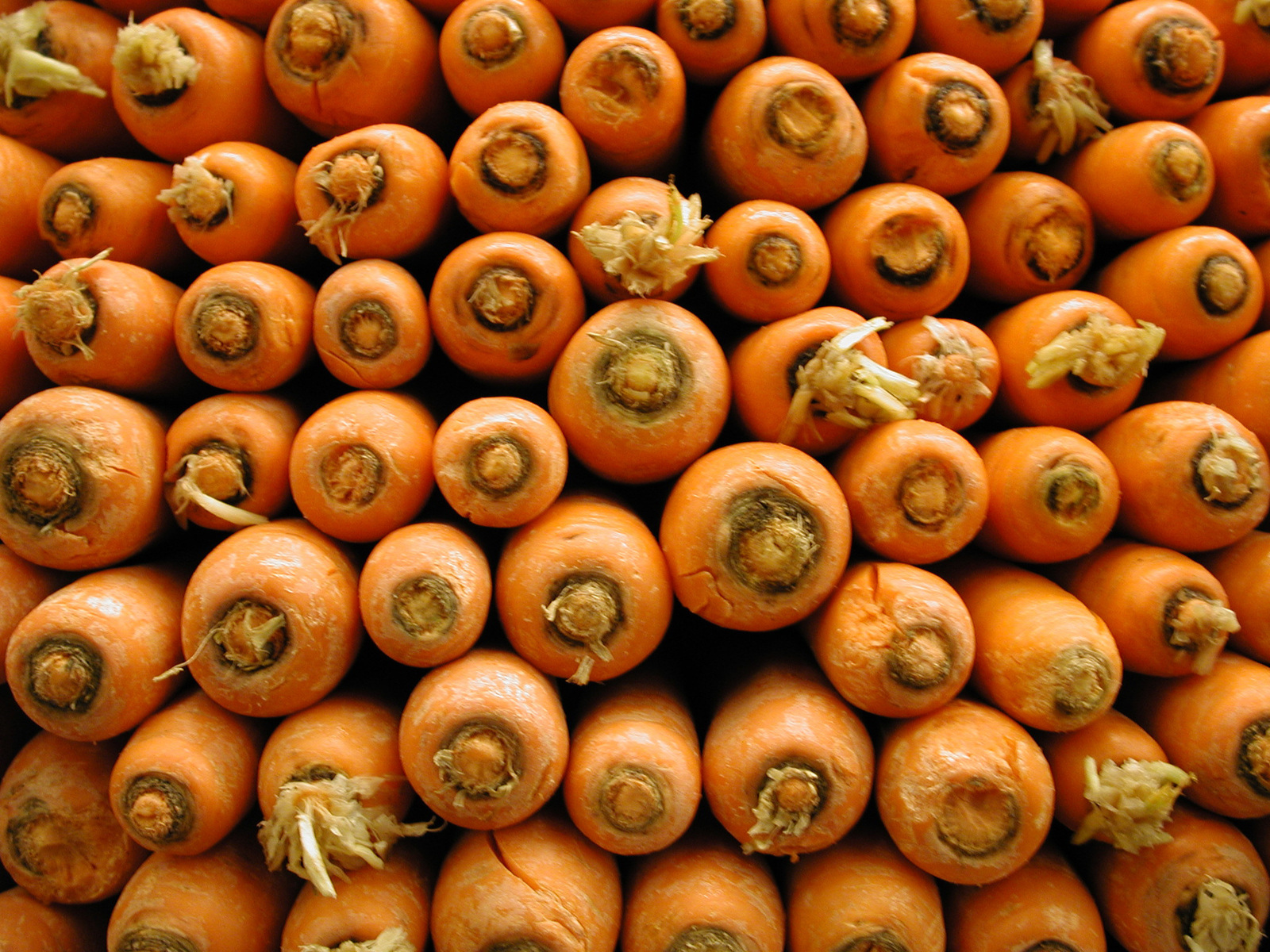Guest Post by Beth Kelly
That common phrase uttered in most of our childhoods by those in charge “finish your dinner, there are starving kids in (insert impoverished nation here)” might actually have had some truth to them. Coming from the land of plenty – if not too much – many Americans fall into the trap of excessive consumption and waste from birth. Many of us don’t stop to think about how much we take in and throw away in a given day, but studies show it adds up to a lot – more than is even sustainable.
How much is a lot? According to the organization Feeding America, Americans waste over 70 billion pounds of food every year. In total, 25-40% of food that’s available for consumption in the U.S. will be wasted, making food waste the number one material clogging our landfills. On a global scale, according to The Guardian, humans waste 2.6 trillion pounds of food every year, with 30% of our farmed land’s products being grown for naught. When you consider the water and gasoline that goes into planting, growing, harvesting, processing, and eventually shipping and transporting our food products, the tragedy reveals itself in an even harsher light. The John Oliver Show recently filmed an excellent episode on the topic in an effort to increase mainstream awareness of the fact that, as Americans, much of the responsibility to initiate change lies in our hands. Today, when every available resource deserves careful conservation, it’s more important than ever to keep good food from becoming garbage.
Of course, all these empty numbers and statistics might be hard to digest right off the bat. But when other studies also indicate that the average American household of four throws away $2,275 annually, that’s a lot of money to be quite literally throwing in the trash. For those of us who are, in fact, broke and trying to stay healthy, it seems counter intuitive to contribute to this taxing practice on both our wallets and the environment.
This is really the next frontier in the fight to live a more sustainable, environmentally friendly life. We may have accelerated our progress in terms of renewable energy for our homes and cars, but we haven’t taken a look at the environmental impact of the fuel humans themselves are dependent upon. According to experts at Direct Energy, approximately 15% of total U.S. energy goes to supplying Americans with food. And the flip side to this is that while many Americans waste food (and fuel), there are still many who don’t have enough. According to the EPA, around 50 million Americans suffer from hunger. This makes the wasteful and gluttonous behavior of most of us even worse when held up in comparison.
Of course, just talking about it is one thing, but implementing a change, on a personal level, is another. So, what steps can the average, everyday American take to reduce their food waste? The first one is to simply be mindful of these disturbing statistics – change can come only when you’ve decided to adopt new habits as a part of your everyday life. Planning your meals in advance and determining ahead of time exactly how much fresh ingredients you’ll need for them plays a huge part in reducing food waste. Think of how many times you’ve bought too much fruit for a pie or too many vegetables for a salad, thrown the leftovers in the fridge and forgotten about them… Planning ahead and buying only what you need will put a major dent in your food waste and save you money in the long run.
There is, of course, an app for that (many in fact). The Food Network has an app for your phone that not only gives you recipes, but allows you to create shopping lists from them, ensuring you won’t over buy the ingredients. Other fantastic apps that include recipes, meal planners and shopping lists include Pepper Plate, Plan to Eat, Meal Planning and Food Board. Using these apps can actually help you get more organized and healthier too by helping to you create, plan out and make healthy meals ahead of time instead of ordering from a restaurant (whose large portion sizes also contribute to the nation’s food waste).
Another great idea to create a cycle of life, so to speak, is the practice of composting. By not only planting and using your own fruits and vegetables, but using your food waste as food for them, you create a sustainable and environmentally friendly way of both recycling food products. If you’re just starting out with your garden or composting, many communities have compost co-ops which can give you a helping hand. They’re a booming industry and likely to only grow and become more accessible in the future.
Food waste may be a massive problem in this country, but it is also one that lies within the realm of our immediate control. Like many things, the changes start with paying more attention and being more mindful of the ways you live your life. Paying attention to how much you buy, using everything you have before shopping again, and planning ahead of time are really the cornerstones to reducing your own contribution to food waste. If we all did a little more of this there would be, no doubt, a lot less waste filling up our landfills.
 |
Beth is a freelance writer and blogger from the heart of the Midwest. She graduated from DePaul University in Chicago, IL before spending several years abroad teaching English. Her primary interests include analog photography, vintage fashion and Japanese cinema. You can find her on Twitter:@bkelly_88 |




